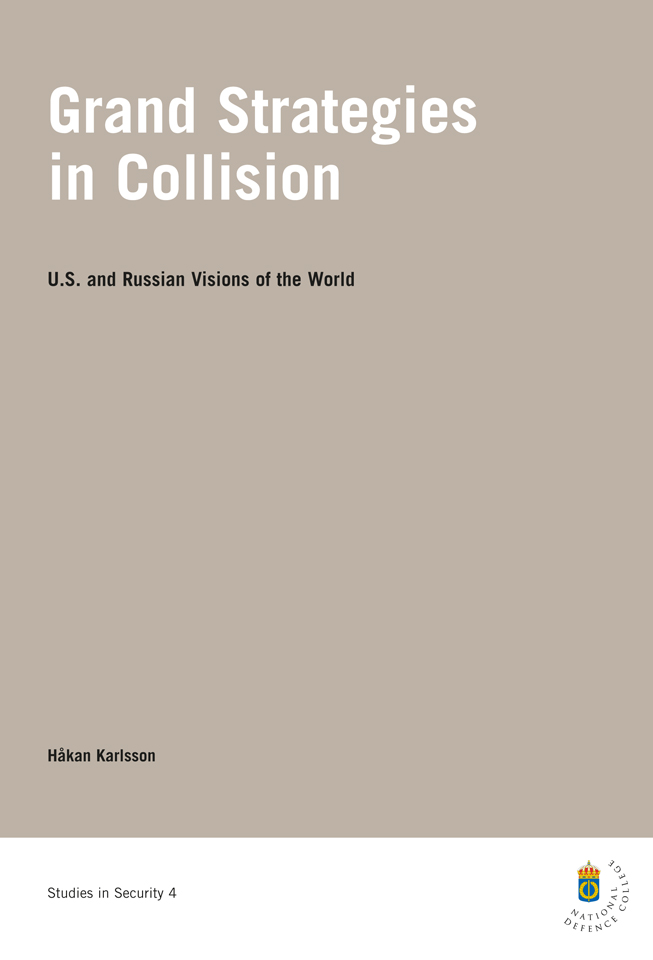Grand Strategies in Collision
90 kr
Tillgänglighet: 4 i lager
With the demise of the Soviet Union, the bipolar structure of the international system was replaced by a unipolar system with the United States as the sole remaining superpower. Some analysts argued this to be a transitory stage soon to be replaced by a multipolar system. Nearly two decades later the unipolar system is still in place. In this study Håkan Karlsson sets out to explain why this might be the case by analysing the U.S. security policies in reference to the NATO enlargement, strategic nuclear force planning, strategic arms control and missile defence and the Russian responses to these policies. In his thorough and informative analysis Karlsson shows how the U.S. since the end of the Cold War, during both democratic and republican presidents, has pursued a foreign policy with the aim of promoting unipolarity. Russida has maintained its quest for multipolarity – most forcibly purported during Vladimir Putin´s presidency. Moreover, as Karlsson focuses on the interplay between these strategies the study most interestingly illustrates how Russia, despite its much weakened role in the international system, under certain circumstances and in concert with the EU, has come to exert a significant pressure on the U.S. and restrains the room of maneouver for the superpower.
Utgivningsår: 2007
ISBN: 978-91-85401-67-3
ISSN: 1653-3097
Format: Mjuk pärm
Sidomfång: 92
Artikelnummer: FHS-05679
Serie: Studies in Security
Nummerserie: 4
